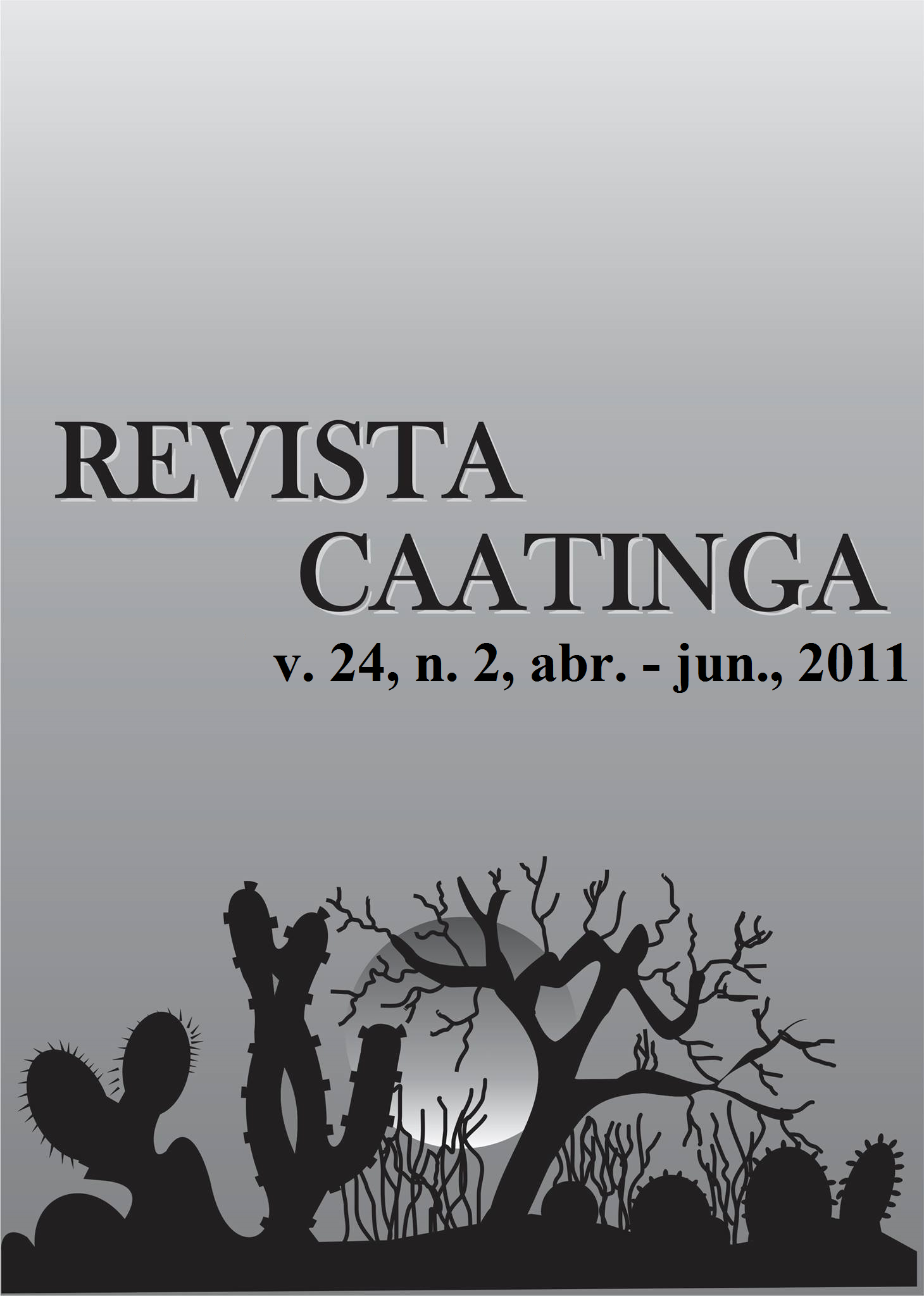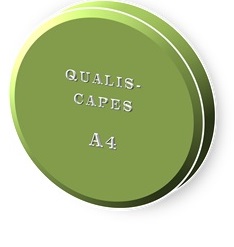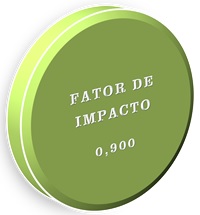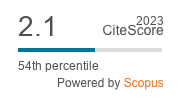BELL PEPPER CULTIVATION WITH BRINE FROM BRACKISH WATER DESALINATION
Palavras-chave:
Capsicum annuum L. Hidroponics. Environmental Impact. Salt Tolerance.Resumo
In desalination process, besides the potable water, highly salty and pollutant water (brine) is generated, which can be used for producing crops since it is carefully monitored. In order to test this hypothesis, bell pepper plants, cv. ‘Margarita’, were grown in coconut fiber substrate under greenhouse and were irrigated with nutrient solutions prepared with tap water, brine from desalination plant, and its dilution with tap water at 75, 50 and 25%, giving a range of electrical conductivities of the nutrient solution (ECs) of 2.6, 3.1, 6.6, 10.0 and 12.2 dS m-1 after the dilutions and fertilizers addition. Completely randomized blocks design was used with 5 treatments (salinity levels of the nutrient solutions) and six replications. Leaf area, number of marketable fruit, total and marketable yield were reduced with ECs increase. The marketable yield of bell pepper ‘Margarita’ reduced 6.3% for each unitary increase of ECs above 2.6 dS m-1 (threshold salinity) and the results suggest that in hydroponic system, the reduction of marketable yield with increasing ECs is promoted by reduction of the number of fruits per plant instead of a reduction of fruit mean weight.Downloads
Downloads
Publicado
Edição
Seção
Licença
Os Autores que publicam na Revista Caatinga concordam com os seguintes termos:
a) Os Autores mantêm os direitos autorais e concedem à revista o direito de primeira publicação, com o trabalho simultaneamente licenciado sob a Licença Creative Commons do tipo atribuição CC-BY, para todo o conteúdo do periódico, exceto onde estiver identificado, que permite o compartilhamento do trabalho com reconhecimento da autoria e publicação inicial nesta revista, sem fins comerciais.
b) Os Autores têm autorização para distribuição não-exclusiva da versão do trabalho publicada nesta revista (ex.: publicar em repositório institucional ou como capítulo de livro), com reconhecimento de autoria e publicação inicial nesta revista.
c) Os Autores têm permissão e são estimulados a publicar e distribuir seu trabalho online (ex.: em repositórios institucionais ou na sua página pessoal) a qualquer ponto antes ou durante o processo editorial, já que isso pode gerar alterações produtivas, bem como aumentar o impacto e a citação do trabalho publicado (Veja O Efeito do Acesso Livre).







